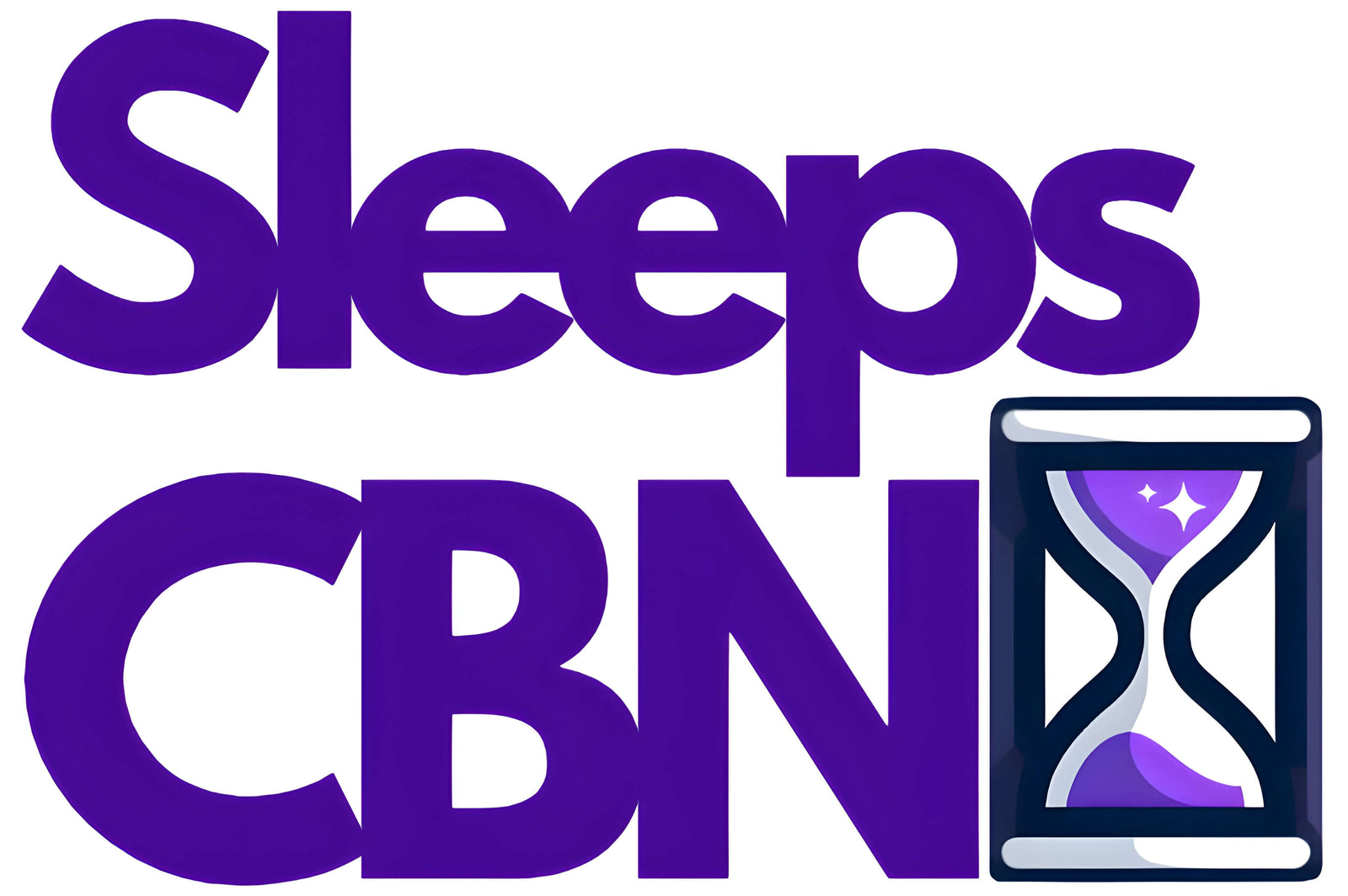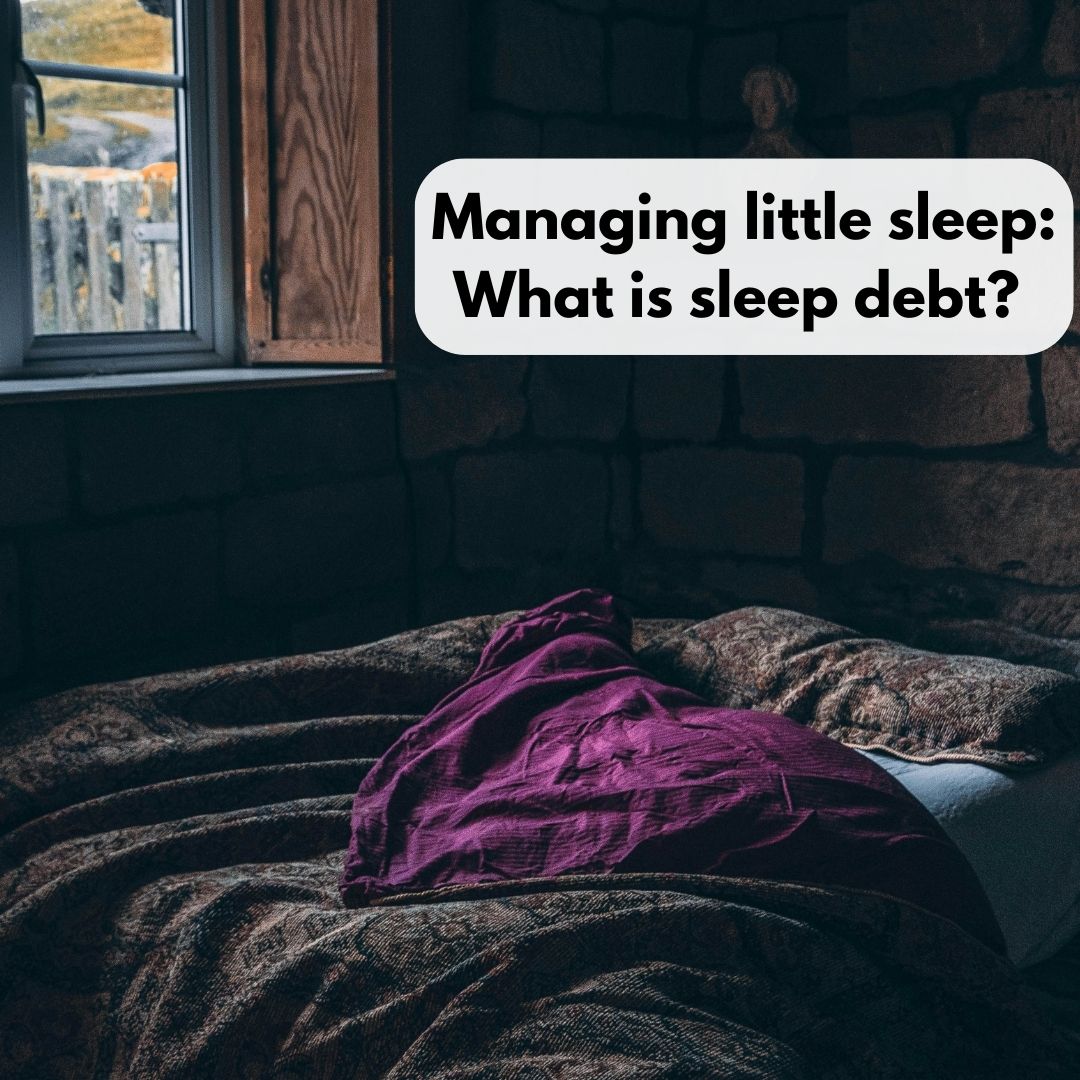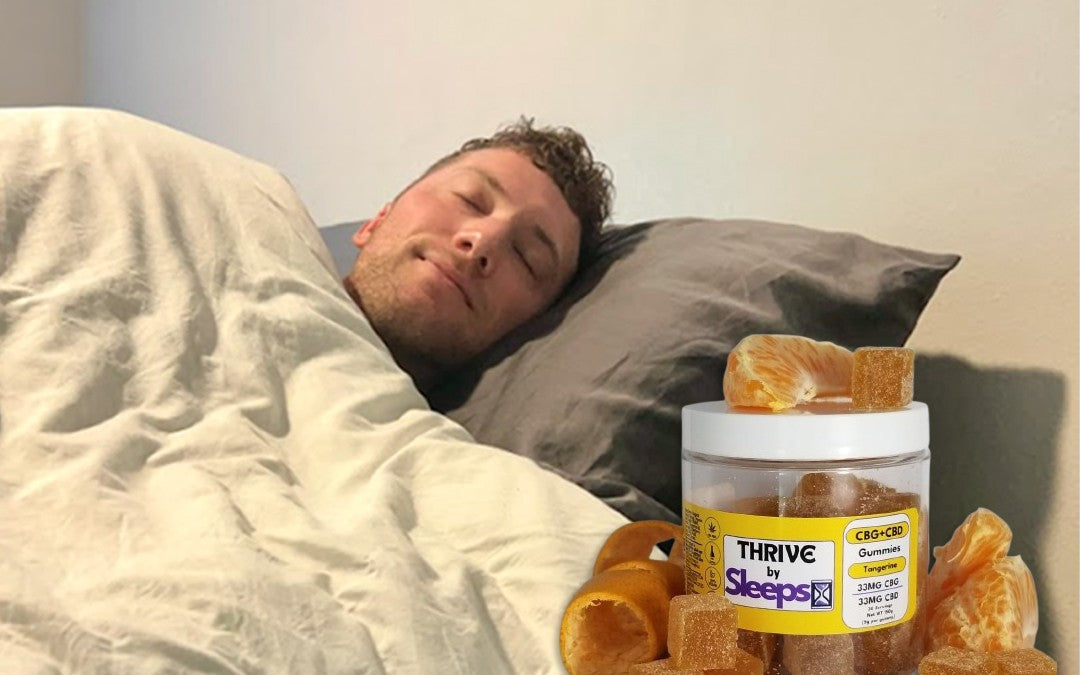1. Importance of Medical Advice for Poor Sleep If you consistently struggle with poor sleep, it’s crucial to consult a healthcare provider. They can help diagnose potential sleep disorders or underlying health conditions that may be affecting your rest. Seeking professional advice ensures you get the appropriate treatment and improve your sleep quality.
2. Waking Up After Minimal Sleep Waking up after a night of minimal sleep can be challenging. However, certain strategies can help you feel more alert:
- Exercise: Engaging in physical activity can boost your energy levels. A 2021 study found that short bursts of high-intensity exercise can help alleviate sleep inertia.
- Exposure to Sunlight: Natural light helps regulate your circadian rhythm, making you feel more awake.
- Cautious Coffee Consumption: While coffee can help, it's best to consume it in moderation to avoid a later crash.
3. Risks of Operating on Little Sleep Operating on minimal sleep poses significant risks:
- Cognitive Impairments: Lack of sleep can reduce cognitive function to a level similar to having a blood alcohol content over the legal limit.
- Safety Advice: Avoid driving or engaging in risky activities after insufficient sleep to prevent accidents and injuries.
4. Using Technology to Manage Sleep Technology can aid in managing sleep and understanding sleep debt:
- RISE App: This app tracks your sleep debt and offers personalized advice on managing your energy peaks throughout the day, helping you stay productive and aware of your sleep needs.
5. Strategies to Catch Up on Sleep Catching up on sleep is essential for reducing sleep debt:
- Sleep Debt Management: Go to bed earlier, sleep in when possible, improve your sleep hygiene, and take strategic naps to recover lost sleep.
- RISE App Utilities: The RISE app can monitor your sleep debt and remind you of optimal sleep hygiene practices to help you catch up on rest.
6. The Concept of Sleep Debt Understanding sleep debt is crucial for maintaining overall well-being:
- Sleep Debt Accumulation: Sleep debt accumulates over time when you don't get enough sleep, affecting your health and energy levels.
- Importance of Repayment: Prioritizing sleep repayment can enhance your energy, productivity, and overall health.
7. Navigating Short Sleep vs. All-Nighters When faced with the choice, always opt for some sleep over none:
- Choosing Sleep: Even short periods of sleep are better than none, minimizing the negative effects on health and cognitive function.
8. Expert Tips for Preparing for Inevitable Sleep Shortages Being proactive about sleep can mitigate the effects of sleep shortages:
- Proactive Sleep Management: Lower your sleep debt in advance if you anticipate a night of poor sleep. This strategy helps reduce the negative impact of future sleep deprivation.
Enhance Your Sleep with SleepsCBN Gummies Struggling with poor sleep can be exhausting, but SleepsCBN's extra strength CBN gummies can help you achieve restful sleep without morning brain fog. Our natural, hemp-derived sleep aid is designed to help you fall asleep and stay asleep, ensuring you wake up refreshed and ready to live your best life. With delicious raspberry and blackberry flavors, our THC-free, gluten-free gummies are a delightful way to improve your sleep hygiene and manage sleep debt effectively.
For more detailed strategies and to understand the science behind sleep debt, check out the RISE app and consider integrating SleepsCBN gummies into your nightly routine for optimal sleep health.
Works Cited “Is It Better to Get 2 Hours of Sleep or None?” Rise Science, www.risescience.com/blog/is-it-better-to-get-2-hours-sleep-or-none#:~:text=Whether%20you%20went%20for%20the,hours%20of%20rest%20you%20need. Accessed 1 Aug. 2024.




